
This edition of recent Bates mentions in the news media includes an alumnus whose high-tech investigative talents help to uncover humanitarian crises, the hopeful legacy of a 1951 Bates tragedy, and a new novel by bestselling author Lisa Genova ’92 exploring bipolar disorder.
Jack Sapoch ’18
Border drownings rose as migrants rushed to cross and Texas clamped down — The Washington Post

Jack Sapoch ’18 contributed his distinct area of investigative expertise to a Washington Post exclusive on drownings in the Rio Grande River, where far more people have died while attempting the treacherous crossing than has been reported by U.S. and Mexican authorities.
Sapoch played a key role in uncovering data discrepancies and mapping migrant deaths along the Rio Grande, revealing that at least 1,107 people drowned between 2017 and 2023 —hundreds more than reported by U.S. and Mexican authorities.
The investigation also sheds light on how intensified border security measures, like Texas Gov. Greg Abbott’s Operation Lone Star, have pushed migrants into more dangerous crossing areas, leading to a spike in fatalities.
Sapoch is an open-source intelligence investigator with Lighthouse Reports, specializing in visual and 3D reconstruction techniques. Employing advanced visual forensics and open-source methodologies, he and his team analyze and reconstruct events related to humanitarian crises, particularly those involving border violence and migrant tragedies.
Alexandria Onuoha ’20
Harnessing Black girl joy as a force for change — TEDx
In her recent TEDx talk, Alexandria Onuoha ’20 spoke about the importance of Black girl joy as a transformative force for civil discourse and social change.
In her talk, “We Just Do: The Transformative Power of Black Girl Joy,” Onuoha shared personal stories and research about how Black girls cultivate joy amid systemic oppression. “Joy is not necessarily about happiness. It’s a choice to withstand difficulty and a tool for collective healing,” she said.
Drawing from her academic work on misogynoir and developmental strategies for Black girls, Onuoha highlighted how joy acts as a radical form of resistance and a catalyst for community building.
Onuoha, who is a doctoral candidate in applied developmental psychology at Suffolk University, is conducting research examining how psychosocial well-being is impacted by a person’s environment. Joy can help: “When we reclaim joy as a transformative power, our worlds become different.”
Tom Whalen ’86
Sports and politics collide in BU prof’s new book about 1984 Boston Celtics — BU Today
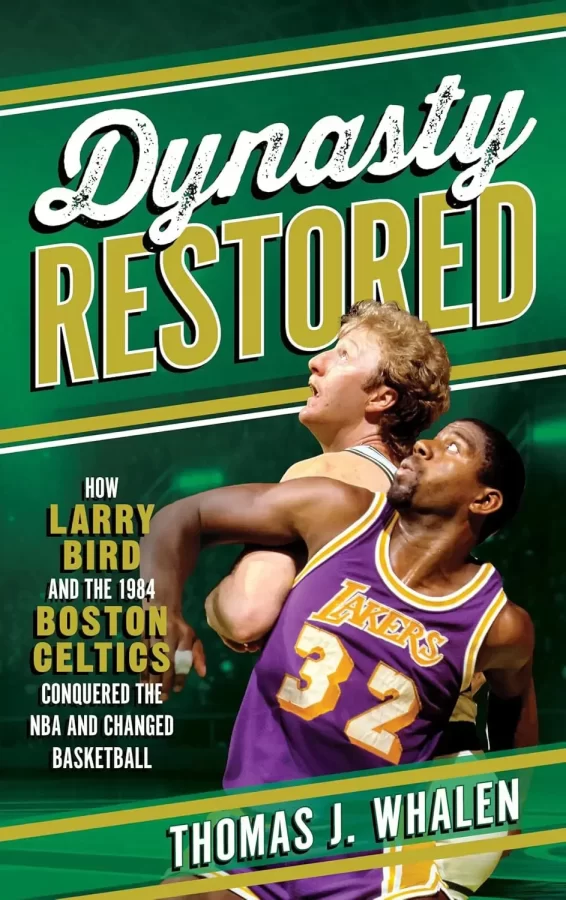
BU Today interviewed Tom Whalen ’86, a Boston University associate professor of social sciences, about his newest book, Dynasty Restored: How Larry Bird and the 1984 Boston Celtics Conquered the NBA and Changed Basketball.
“This is autobiographical in many ways,” said Whalen, who grew up in Beverly, Mass. “The Celtics were a really important part of my life growing up. “I talk about scoring a press pass covering a Celtics game for my high school newspaper. I got to interview Larry Bird as a rookie.”
Sports and politics intersect in Dynasty Restored, as Whalen talks about emergence of Reagan-era politics and the rise of Donald Trump in the 1980s.
In some ways, Whalen says, “the political world of the 1980s never ended. Even Bill Clinton was more Reagan than Reagan. We haven’t abandoned that era of certain policies… giving businesses freedom and downplaying regulation. Government’s role has shrunk. Clinton said big government’s days are over. He was right.”
Scott Allen ’84
The Book Awards at IPNE announces 2024 Award Winners — Independent Publishers of New England
Dr. Scott Allen ’84 received a bronze award in narrative nonfiction at the 2024 Independent Publishers of New England (IPNE) Book Awards for his memoir, Across a Bridge of Fire.
The memoir recounts Allen’s journey as a teenager as he navigated his recovery from a life-altering burn injury and decision to run away from home, to Cambodia in 1980, during the aftermath of the brutal Khmer Rouge regime.
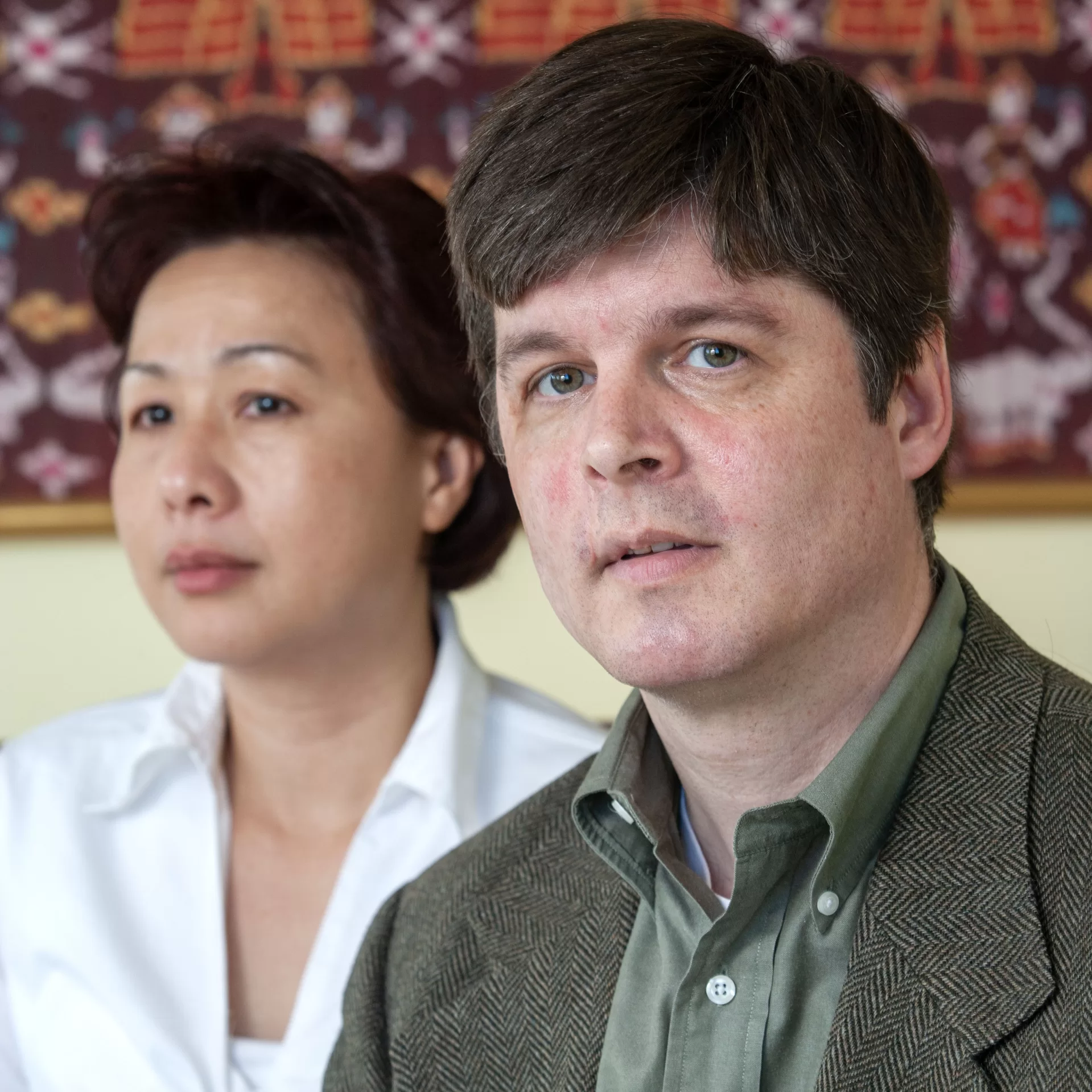
In 2006, Allen’s first-person essay in Bates Magazine was his initial effort to narrate the profound experiences that eventually became the foundation of his memoir.
In his memoir, Allen delves deeper into the emotional and physical recovery from his own trauma, his coming-of-age journey to Cambodia to support refugees, and the difficult aftermath of that formative experience.
A physician, Allen’s career has focused on the intersection of medicine and human rights. In 2019 he received a Ridenhour Prize for Truth-Telling and a Physicians for Human Rights Award recognizing his and others’ efforts on behalf of families in U.S. immigration detention.
William Searls ’52
New Year’s Eve gala honors legacy of William Searls and raises funds for local student scholarships — Bar Harbor Story
An article in the Bar Harbor Story by Carrie Barnard Jones ’93 describes the legacy of William Searls ’52, who died in a car accident in 1951.
On Dec. 23, 1951, Searls was hitchhiking to his home in Southwest Harbor, Maine, for the holidays when the car that picked him up rolled over near Ellsworth. A chemistry major, Searls had been in Boston earlier in the day setting up a post-graduate fellowship at MIT.
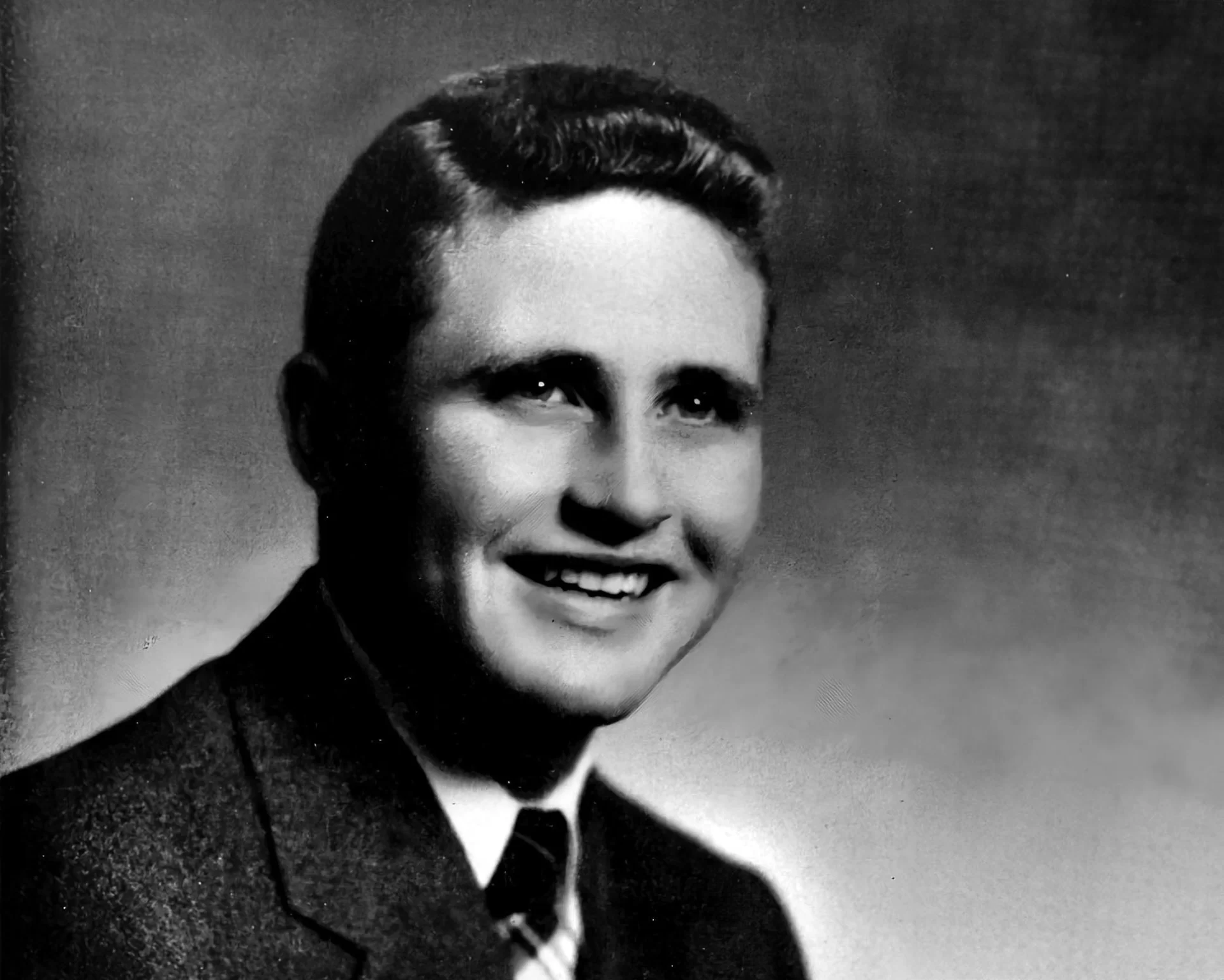
“Searls was a brilliant student, a kind person who went out of his way to help others,” writes Jones.
More than 70 years later, a permanent college scholarship created in Searls’ memory continues to help “local students become smarter, more educated, and given them the chance to pursue their own dreams,” writes Jones.
In spring 1952, Bates granted Searls a posthumous bachelor’s degree. The 1952 Mirror yearbook was dedicated to his memory. “He lived as full a life in a short span as many people do in a much longer time,” wrote classmate Ruth Russell in a Bates Student editorial.
Jason Hall ’97
Columbus Partnership finds its new CEO in St. Louis — The Columbus Dispatch

Jason Hall ’97 is the new CEO of the Columbus Partnership reports The Columbus Dispatch. Described as “the region’s premier business organization,” the non-profit Partnership is a member-based coalition composed of more than 82 leaders from the Columbus area.
Hall, an entrepreneur with extensive experience in both law and business, is focused on leveraging the Partnership’s resources to make Columbus’ economic benefits more inclusive.
“How do we ensure that the prosperity we create is truly accessible to all?” asks Hall in the story.
Previously, Hall was CEO of Greater St. Louis Inc., an economic development agency composed of five business organizations, including Arch to Park, which he founded. The Dispatch noted that Hall was the first openly LGBT person to hold a cabinet-level position in Missouri when he served as director of the Missouri Department of Economic Development.
Rachel Ferrante ’10
History and culture museum begins work on a new home in Lewiston — Lewiston Sun Journal
The Lewiston Sun Journal interviewed Rachel Ferrante ’10, the executive director of the Maine Museum of Innovation, Learning and Labor (Maine MILL) about the museum’s upcoming relocation and expansion project.

Under Ferrante’s leadership, Maine MILL, long housed in the Bates Mill Complex, is nearing its goal of securing a new home in the historic but long-unused Camden Yarns Mill. The redesigned 22,000-square-foot facility will house classrooms, a children’s area, a design lab, offices, and expanded galleries for both permanent and temporary exhibits.
“It puts everything we need in one space,” Ferrante told the Sun Journal, emphasizing the project’s goal to create an accessible and engaging environment for visitors of all ages.
The museum will host a groundbreaking ceremony in the spring, with plans to open the new building in summer 2026.
Lisa Genova ’92
She wrote a modern classic about Alzheimer’s. Now Lisa Genova tackles bipolar disorder in ‘More or Less Maddy’ — Toronto Star
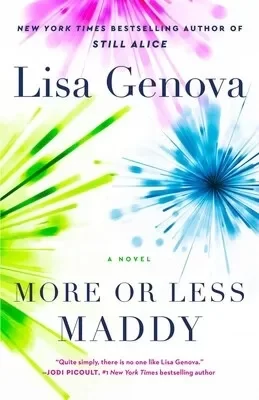
Bestselling author Lisa Genova ’92 spoke to Toronto Star contributing columnist Shinan Govani about her sixth novel, More or Less Maddy, which tells the story of Maddy, a college student diagnosed with bipolar disorder.
As told by Genova, the student’s life “becomes a crisis of identity,” referring to Maddy’s battle to reconcile her sense of self with her diagnosis.
Genova, who received an honorary degree from Bates in 2016, is known for novels, like her breakout debut, Still Alive, that explore mysteries of the human brain, or as she says, “everything from the neck up.”
But this is Genova’s first to focus what’s typically framed as a mental illness, as opposed to a physical disorder, such as ASL or Alzheimer’s.
“I had the sense that a lot has been written about depression and more people are comfortable talking about depression in 2025,” she told Govani. “But bipolar hadn’t been tackled as much.”
John Miley ’08
How AI will impact our lives in 2025 and beyond — Kiplinger
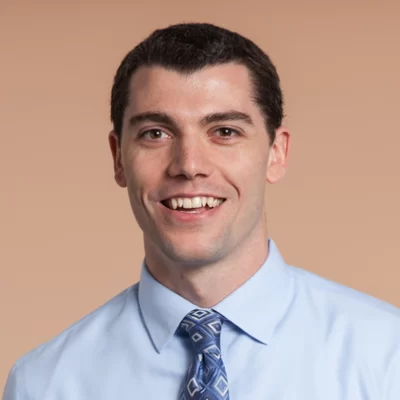
As artificial intelligence becomes increasingly present in daily life, John Miley ’08, a senior associate editor at The Kiplinger Letter, weighed in on AI’s major impacts on our world.
There’s explosive growth in AI spending, with tech giants like Amazon, Google, Meta, and Microsoft expected to invest over $300 billion by 2025.
Miley notes that AI is already reshaping sectors — enabling applications from autonomous virtual assistants to AI-driven healthcare tools — and warns of potential pitfalls such as data privacy risks, misinformation, and the massive energy consumption of data centers.
“The pressing risk for society is how humans decide to use powerful AI,” Miley notes.




